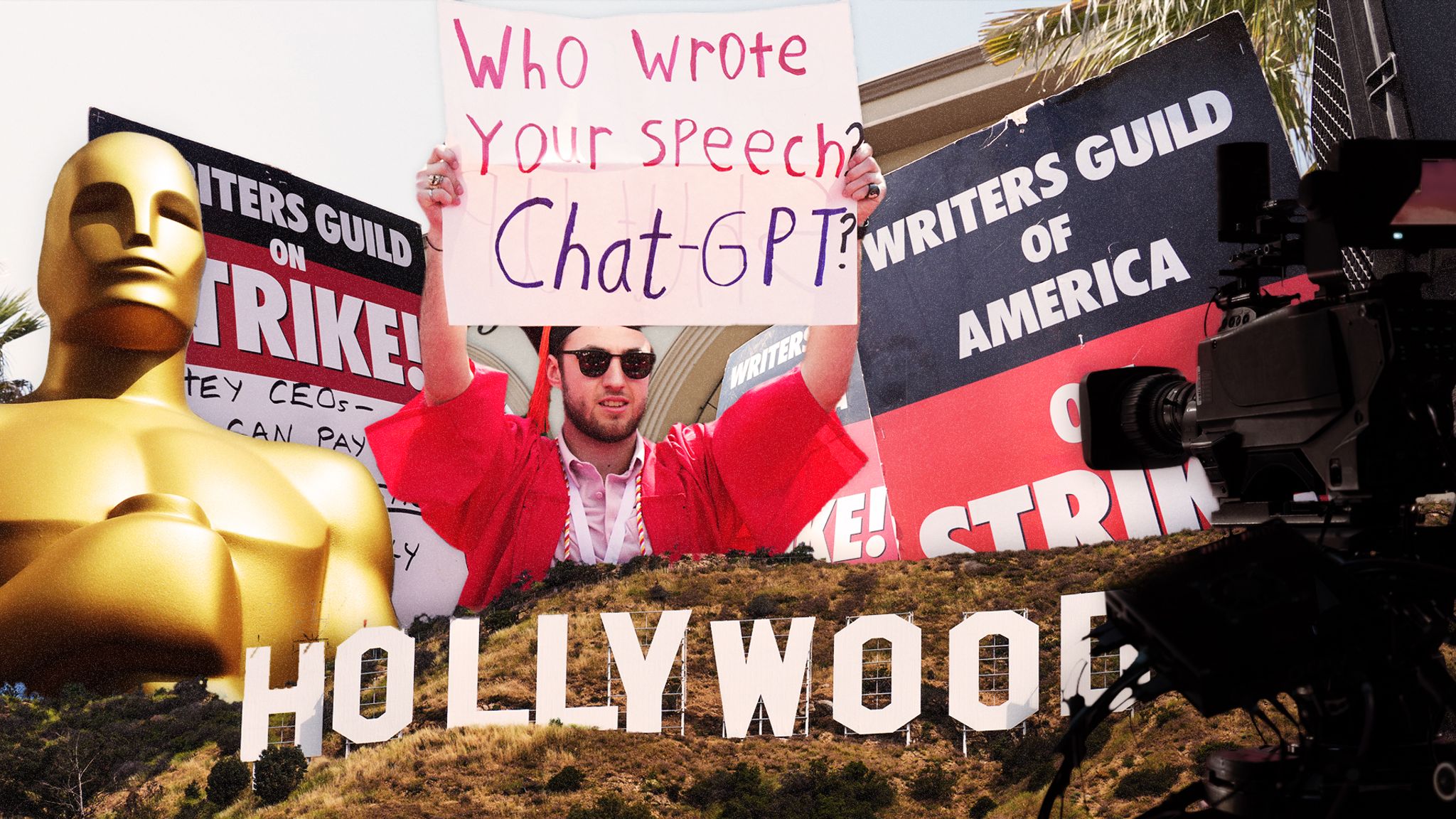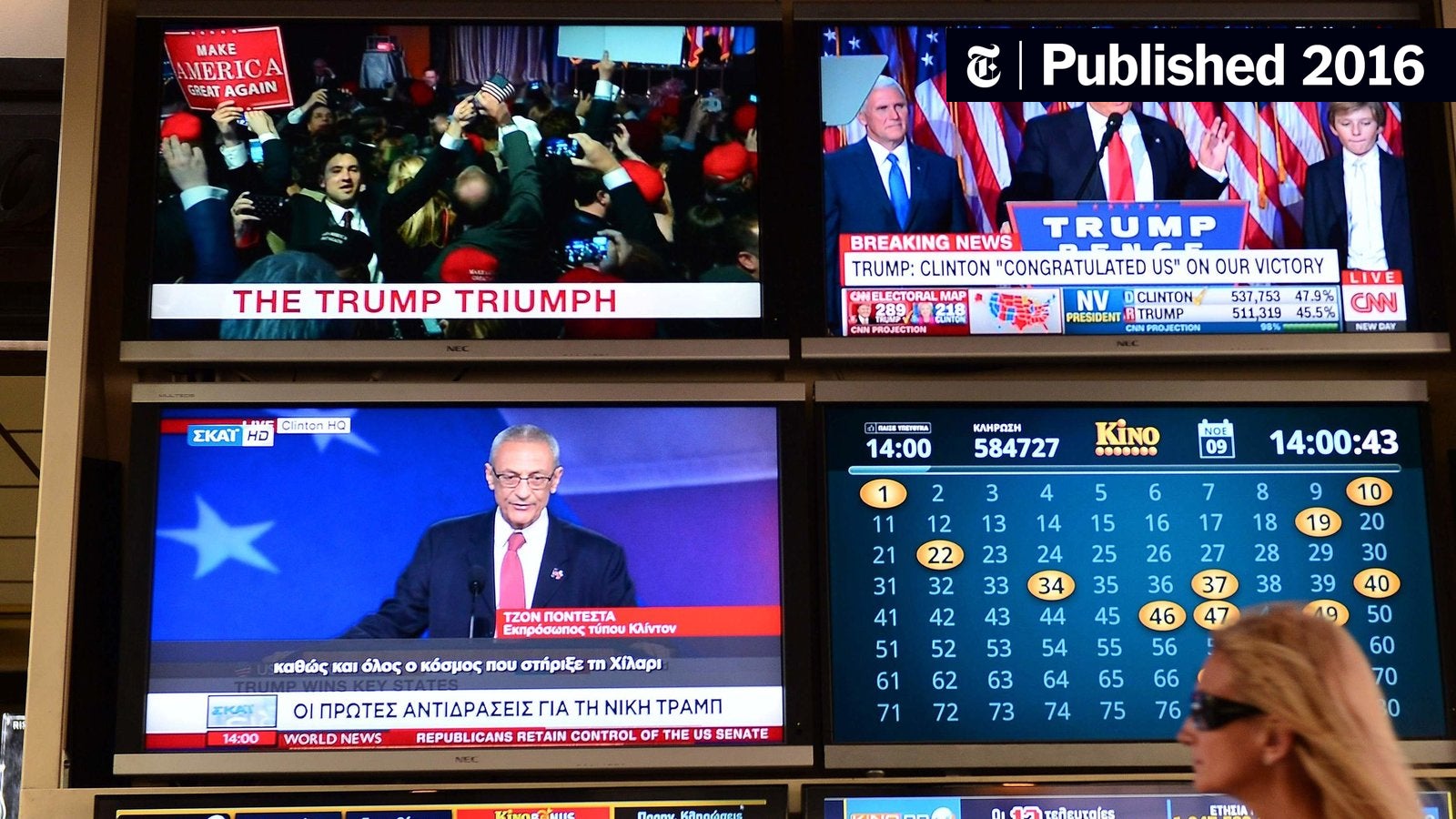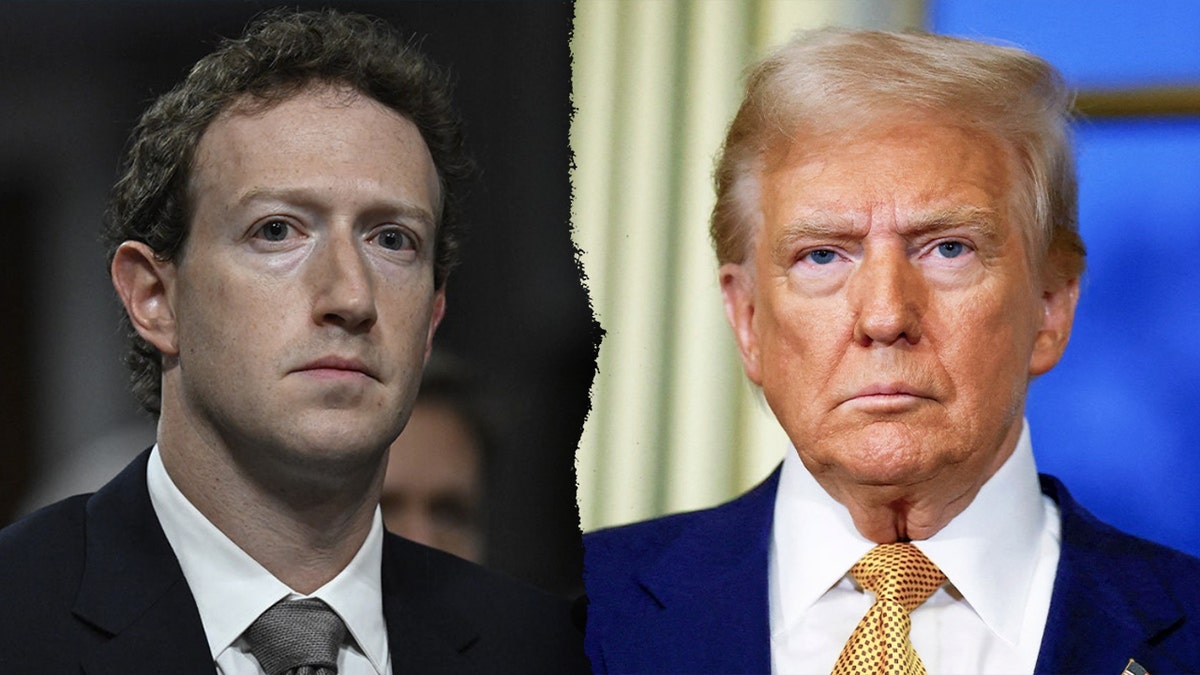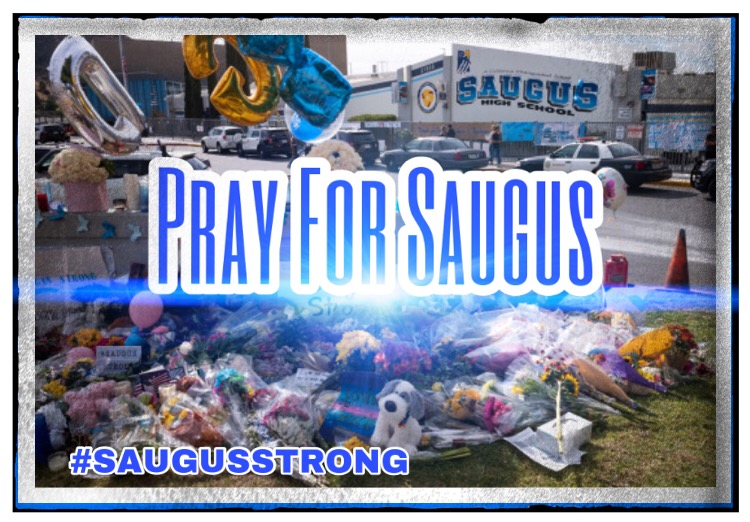The Writers' And Actors' Strike: What It Means For Hollywood

Table of Contents
The Core Issues Fueling the Strike
The Writers' and Actors' Strike isn't simply about pay; it's about a fundamental shift in the power dynamics of the entertainment industry, driven largely by the rise of streaming services. Both the WGA and SAG-AFTRA are fighting for fair compensation and protections in a rapidly evolving media landscape.
-
Fair Wages and Residuals: The traditional model of compensating actors and writers, which heavily relied on residuals from television syndication and DVD sales, has been severely disrupted by streaming. Streaming services often pay upfront fees, but these frequently fail to reflect the long-term value of a show's success. The unions are demanding fairer residual structures that compensate them for the continued profitability of their work on streaming platforms. This includes a recalculation of residuals to account for the enormous reach of streaming platforms compared to traditional broadcast television.
-
AI Concerns: The increasing use of artificial intelligence (AI) in scriptwriting and visual effects poses a significant threat to the livelihoods of writers and actors. Both unions are demanding safeguards against the unauthorized use of their work to train AI models and regulations to prevent AI from replacing human talent. Negotiations include discussions about the potential use of AI to generate scripts or create digital doubles, a development that has caused major concerns.
-
Health and Pension Plans: The unions are also pushing for improvements to health and pension plans, particularly as the cost of living continues to rise and the traditional sources of income for actors and writers are dwindling. These concerns are integral to the wider discussion of worker rights and economic stability within the industry.
-
Transparency in Negotiations: A core complaint of both unions involves a lack of transparency in contract negotiations with major studios and streaming services. The unions argue for more open and equitable discussions surrounding compensation and working conditions.
The Impact on Film and Television Production
The Writers' and Actors' Strike has brought the Hollywood machine to a screeching halt. Numerous high-profile film and television projects are indefinitely delayed, resulting in significant financial losses and widespread uncertainty.
-
Production Shutdowns: Major studios, including Disney, Warner Bros. Discovery, Netflix, and Amazon, have ceased production on countless films and TV shows. This impacts not only the creative process but also the livelihoods of thousands of behind-the-scenes workers.
-
Premiere Postponements: The release of numerous anticipated films and television series have been delayed, pushing back premiere dates and potentially affecting marketing campaigns and box office projections. This delay also means that many actors will be unable to receive performance-based bonuses, which often amount to a significant portion of their overall income.
-
Economic Ripple Effect: The strike’s impact extends far beyond the actors and writers themselves. Freelance crew members, caterers, transportation services, and other related industries are experiencing significant job losses and financial hardship. The wider economic impact on Hollywood and related industries is significant and continues to grow with each passing day.
The Economic Ramifications of the Strike
The Writers' and Actors' Strike carries substantial economic ramifications, affecting various stakeholders across the entertainment industry and beyond.
-
Studio Losses: Studios and streaming services are facing significant revenue losses due to production delays and the inability to release new content. The financial toll of this production halt is estimated to reach billions of dollars, not only to studios but also to the local economies that benefit from film and television production.
-
Hardship for Workers: Striking actors and writers are experiencing financial hardship due to the lack of income. Many rely on project-to-project employment, with little to no financial safety net during extended periods without work. This situation disproportionately affects those who lack savings or other sources of income.
-
Tourism Impact: Areas heavily reliant on film production, such as Los Angeles and New York, are experiencing a decline in tourism and related economic activity, further demonstrating the extensive ramifications of this nationwide strike.
The Role of Streaming Services
The rise of streaming services has significantly exacerbated the issues driving the strike.
-
Changing Revenue Models: The shift from traditional broadcast and DVD sales to streaming has drastically altered revenue models, impacting how actors and writers are compensated. Streaming platforms often prioritize subscriber numbers over traditional profit-sharing models, leading to significantly lower residuals for talent.
-
Increased Pressure: The competitive nature of the streaming landscape has led to increased pressure on actors and writers to accept lower pay and less favorable working conditions.
Potential Resolutions and Long-Term Effects
The outcome of the Writers' and Actors' Strike will have profound and long-lasting effects on the entertainment industry.
-
Negotiated Settlements: The success of any negotiated settlement hinges on whether the studios and streaming services are willing to address the core concerns of fair compensation, AI regulations, and increased transparency. The negotiations require significant concessions from both sides.
-
Industry Transformations: The strike might force significant changes in industry practices, potentially leading to fairer compensation models, better working conditions, and a stronger voice for actors and writers.
-
Future of Talent Representation: The outcome will influence the future of talent representation and unionization, possibly leading to more robust collective bargaining power for workers across the industry.
Conclusion
The Writers' and Actors' Strike is a watershed moment for Hollywood. The issues at stake—fair compensation, the impact of streaming, and the ethical considerations surrounding AI—demand immediate attention. The outcome of this strike will profoundly shape the future of the entertainment industry for years to come. Understanding the complexities of the Writers' and Actors' Strike is vital for anyone involved in or following the entertainment industry. Stay informed about the developments in the Writers' and Actors' Strike and its ongoing impact on Hollywood. Continue to follow the news to understand the evolving impact of this significant labor dispute.

Featured Posts
-
 Analyzing The Economic Fallout Of Trumps Policies
Apr 22, 2025
Analyzing The Economic Fallout Of Trumps Policies
Apr 22, 2025 -
 Selling Sunset Star Speaks Out La Fire Victims Face Price Gouging
Apr 22, 2025
Selling Sunset Star Speaks Out La Fire Victims Face Price Gouging
Apr 22, 2025 -
 Zuckerberg And Trump A New Era For Meta And American Politics
Apr 22, 2025
Zuckerberg And Trump A New Era For Meta And American Politics
Apr 22, 2025 -
 Debate Swirls Fsus Plan To Resume Classes Following Tragic Shooting
Apr 22, 2025
Debate Swirls Fsus Plan To Resume Classes Following Tragic Shooting
Apr 22, 2025 -
 The Pan Nordic Army Combining Swedish Armor And Finnish Infantry
Apr 22, 2025
The Pan Nordic Army Combining Swedish Armor And Finnish Infantry
Apr 22, 2025
